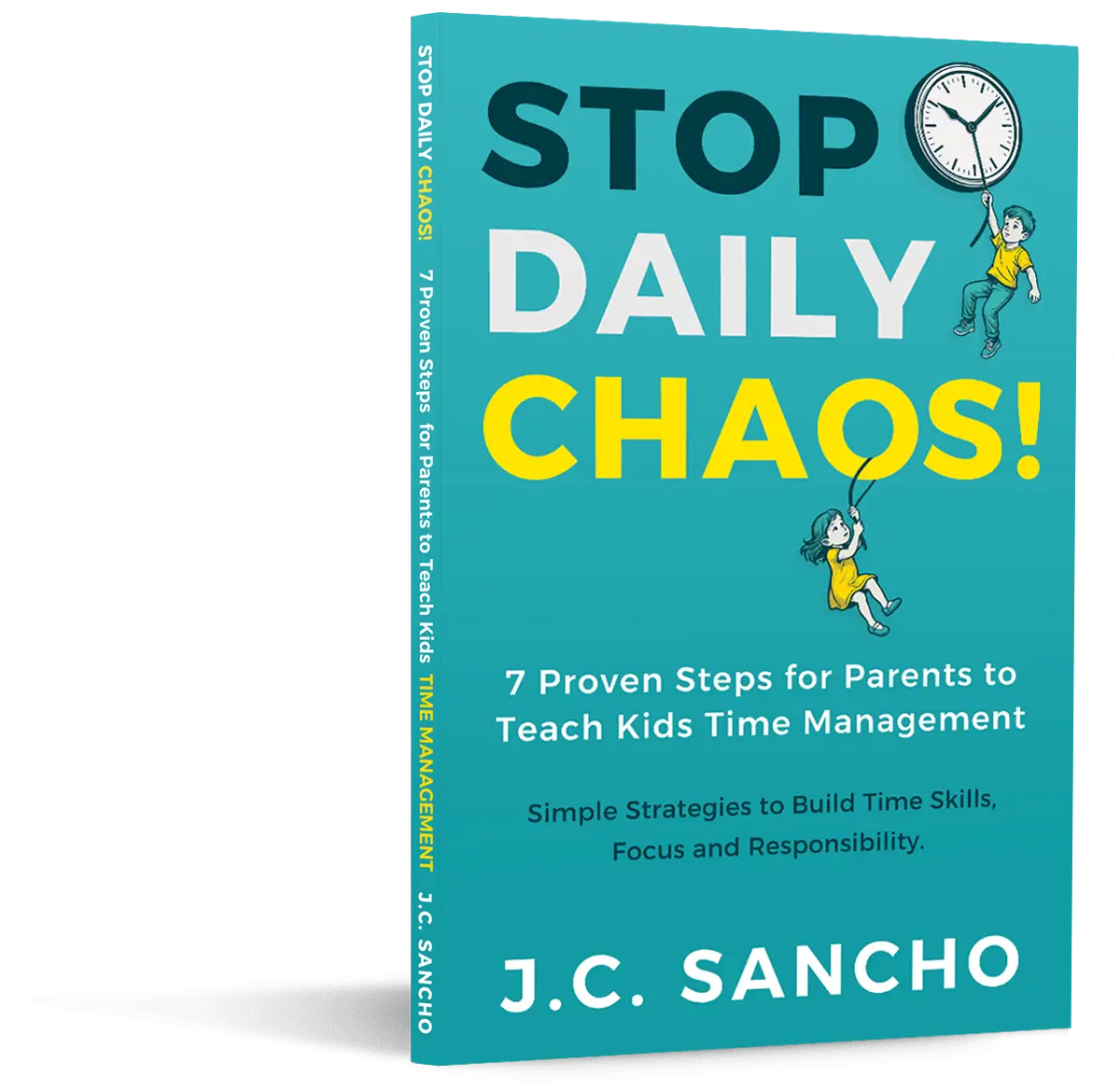Colic vs. Reflux: How to Soothe a Constantly Crying Baby
We find ourselves in a world of mystery when it comes to our newborns. Their cries are their only form of communication, and it can be incredibly difficult to decipher what they’re trying to tell us—especially in those early, hazy months of parenthood. Two common culprits behind persistent crying are colic and reflux, and while their symptoms can overlap, the experiences—and the solutions—are quite different.
When your baby cries for hours and nothing seems to help, it’s normal to feel exhausted, worried, and even a little helpless. You may find yourself asking: Is this colic? Is it reflux? Is something else going on? Understanding what each condition actually means, how to tell the difference, and how to support your baby through either one can offer enormous relief—for both of you.
Understanding Colic vs. Reflux
Colic and reflux are both very common in babies under six months of age. But that doesn’t make them easy to live through—especially when the crying becomes constant, the sleep disappears, and you’re second-guessing every bottle, burp, or bath.
What is Colic?
Colic is defined as excessive crying in an otherwise healthy baby. The rule of thumb is the “3-3-3 rule”: crying for more than three hours a day, more than three days a week, for at least three weeks. It often begins around two to four weeks of age and peaks by six weeks.
No one knows exactly what causes colic, though theories include immature digestive systems, gut sensitivity, or even nervous system development. What we do know is that colic is not your fault, and it does not mean anything is wrong with your baby. It tends to resolve on its own by three to four months of age, although those weeks can feel painfully long when you’re in the thick of it.
What is Reflux?
Reflux, or more technically gastroesophageal reflux (GER), occurs when stomach contents come back up into the esophagus. This happens because babies are born with an immature lower esophageal sphincter, the valve that separates the stomach from the esophagus. Symptoms include:
- Frequent spitting up or vomiting
- Crying or discomfort during or after feedings
- Back arching
- Hiccups or coughing
- Slow weight gain or feeding aversions
Most babies have some degree of reflux—this is normal. But when reflux becomes painful, causes feeding issues, or affects weight gain, it may be diagnosed as GERD (gastroesophageal reflux disease), which requires more active intervention.
How to Tell the Difference
It can be hard to know what’s going on, especially when symptoms overlap. Here are some clues to help distinguish between colic and reflux:
| Colic | Reflux |
|---|---|
| Sudden, intense crying episodes (often at the same time of day) | Crying associated with feedings or being laid down |
| Baby usually eats and gains weight well | Feeding difficulties, arching, pulling away, slow weight gain |
| No spitting up or vomiting | Frequent spit-ups, sometimes projectile vomiting |
| Crying seems unrelated to physical position | Symptoms worsen when lying flat |
Still unsure? That’s normal. Your pediatrician is your best ally here. Describe your baby’s behavior in detail, bring feeding logs if possible, and don’t be afraid to ask questions. You deserve clarity—and peace of mind.
Soothing a Baby with Colic
There’s no magic cure for colic, but there are strategies that can bring comfort to your baby—and to you.
Check the Basics First
- Feed your baby—sometimes it’s simply hunger.
- Burp thoroughly after feedings to release trapped gas.
- Check the diaper—clean and dry can make a huge difference.
- Ensure baby isn’t overtired—rest is as vital for babies as it is for adults.
Soothing Techniques That Often Help
- Hold and rock your baby in your arms or in a sling.
- Use white noise (vacuum, fan, shushing sounds).
- Go for a walk in the stroller or a drive in the car.
- Try swaddling—many babies find it calming.
- Offer a pacifier—sucking can be deeply soothing.
- Give a warm bath to help relax tense muscles.
What matters most is that your baby feels your presence. Even if they’re still crying, your comfort, scent, and touch are doing far more than you think.
Soothing a Baby with Reflux
If your baby shows signs of reflux, the goal is to minimize discomfort and prevent stomach contents from flowing back up. Here’s what helps:
Feeding Adjustments
- Feed smaller amounts more frequently.
- Burp often during feeds—not just after.
- Keep baby upright during and for 30 minutes after feeding.
- For bottle-fed babies, experiment with slower-flow nipples or anti-reflux formulas.
- For breastfed babies, you might explore eliminating dairy or caffeine to see if it helps—always under pediatrician guidance.
Positional Support
Elevate the head of your baby’s crib mattress slightly (using a wedge under the mattress—not pillows directly under the baby, which is unsafe). Supervised tummy time when awake can also help strengthen muscles and support digestion.
When Reflux Needs Treatment
If your baby is not gaining weight, refuses to eat, seems to be in pain, or has blood in vomit or stool, your pediatrician may consider a diagnosis of GERD and prescribe medication. Never self-medicate or use over-the-counter reflux meds for infants without medical supervision.
When to Call the Doctor
Don’t hesitate to call your pediatrician if you notice any of the following:
- Crying for more than 3 hours a day, 3 days a week, over 3 weeks
- Spitting up large amounts or forcefully vomiting
- Refusing to feed or seeming constantly uncomfortable during feeds
- Signs of dehydration (fewer than 6 wet diapers a day)
- Back arching, choking, or gagging
- Blood in stool or vomit
- Poor weight gain
- Lethargy or fever in babies under 3 months
Your intuition matters. If something feels off—even if you can’t quite explain what—call. You’re not overreacting. You’re being a great parent.
When It Feels Like Too Much
If your baby cries for hours every day, it’s natural to feel overwhelmed. You may feel frustrated, helpless, or even resentful. That’s okay—and it’s not a reflection of how much you love your child.
Make sure you’re getting breaks. Ask your partner, family, or a trusted friend to take over for a bit while you step outside, take a shower, or rest. If you’re feeling persistently low, anxious, or angry, talk to your healthcare provider. Postpartum mental health matters. Your wellbeing is essential—for your baby and for you.
A Final Word of Reassurance
Whether you’re dealing with colic, reflux, or a mix of both, please remember: this is a season. It’s exhausting and confusing, but it’s temporary. With time, your baby’s digestive system will mature, their cries will lessen, and your confidence will grow.
You are not failing. You are responding. You are showing up. And that is the most powerful thing a parent can do.
And in those late nights, when the noise feels endless and the comfort elusive, remember: even if your baby doesn’t stop crying right away, your calm, loving presence is doing more healing than you know.
Sources



